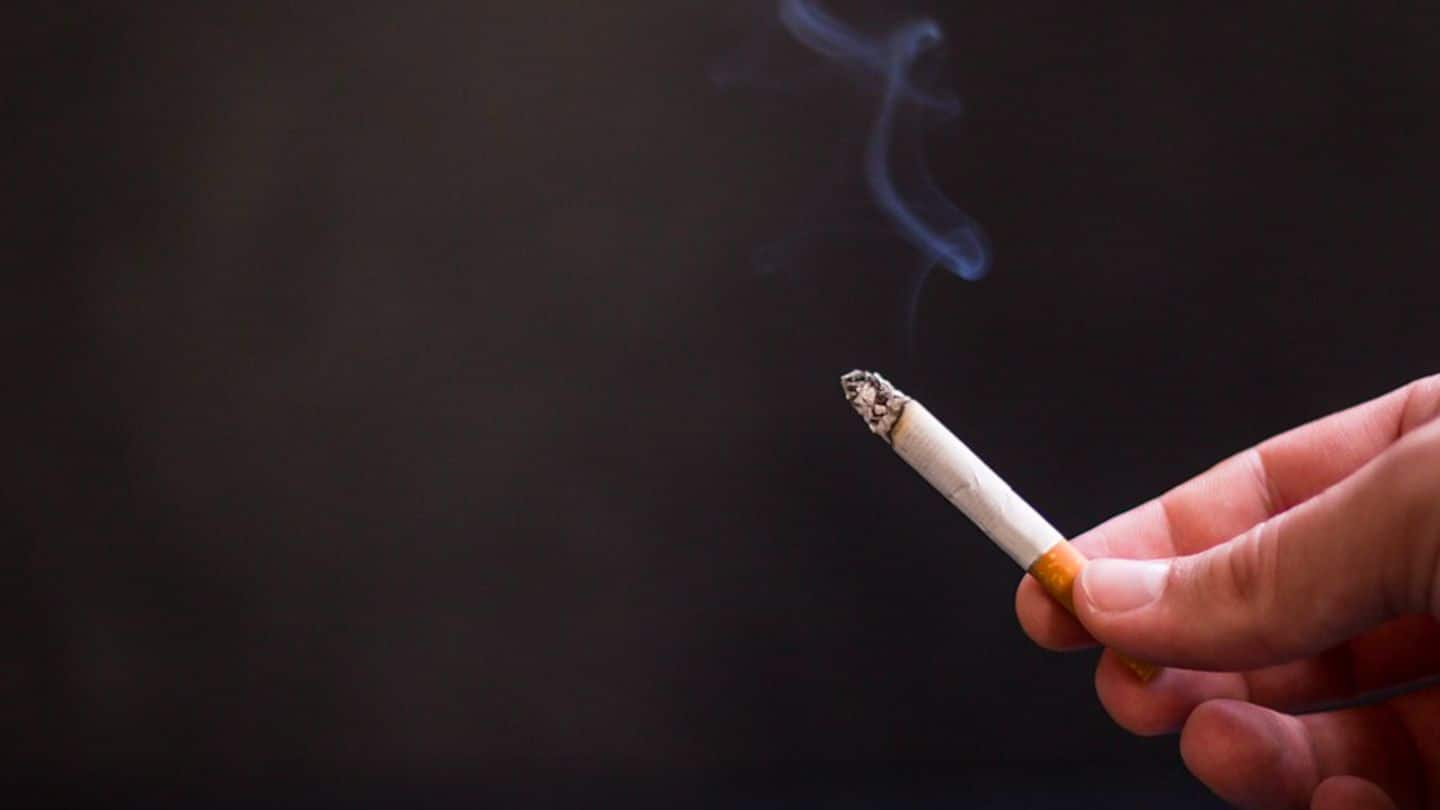
IIT-Delhi wants students to sign anti-drug undertakings, but seniors angry
What's the story
Concerned about rising drug menace on campus, IIT-Delhi is making students sign undertakings that they won't consume tobacco, alcohol or any other drug in the premises.
This rule has found mention in the institute's rulebook since before, but students were still found breaking rules, officials said.
However, the move has attracted criticism from PG/PhD students, who allege IIT-Delhi is "moral policing" 25-year-olds.
Change
Curative rather than preventive approach hampers anti-drug fight, says dean
Dean of Students' welfare T Sreekrishnan said despite rules prohibiting it, many students were found in possession of alcohol or drugs.
"We used to rope in parents when a student was found indulging, (but) even they seemed helpless," he said.
"We want to deter students in the beginning itself, and have taken the assistance of police to create sensitivity and awareness," he said.
Undertaking
sign
Now, IIT-D is handing out undertakings to students. The new batch starting in July will be given these forms to sign, and so will the existing ones, Sreekrishnan said.
Citing the country's anti-drug laws, the undertaking says anyone found violating rules will be penalized, and may even be expelled.
The administration says it discussed "code of conduct" with students' representatives before issuing the document.
Protest
'Why students above 25 being directed to sign such undertakings?'
A PhD student clarified they aren't against the move "as it is for the betterment of those who are in their early 20s. But why students above 25 are being directed to sign such undertakings of moral policing?"
"We will raise our concerns over this moral policing on public platforms soon. We are not going to sign this undertaking," said another PhD scholar.
Factors
Why consumption of drugs is so prevalent in IITs
Consumption of drugs in IIT campuses is widespread. One key factor, experts say, is pressure of academics: many fail to clear their papers and turn to drugs out of frustration.
A stark gender gap (only 14% of students admitted into the IITs in 2017 were women) might play a role.
Most students leave home for the first time, and the new-found freedom increases vulnerability.